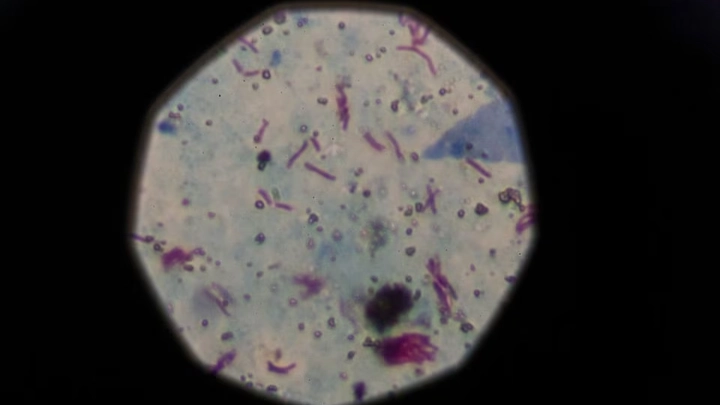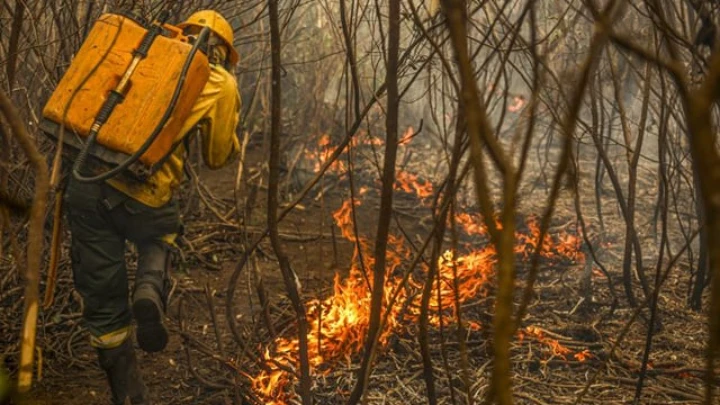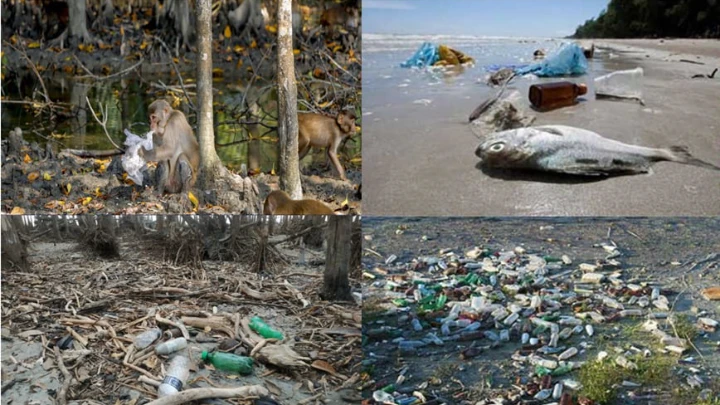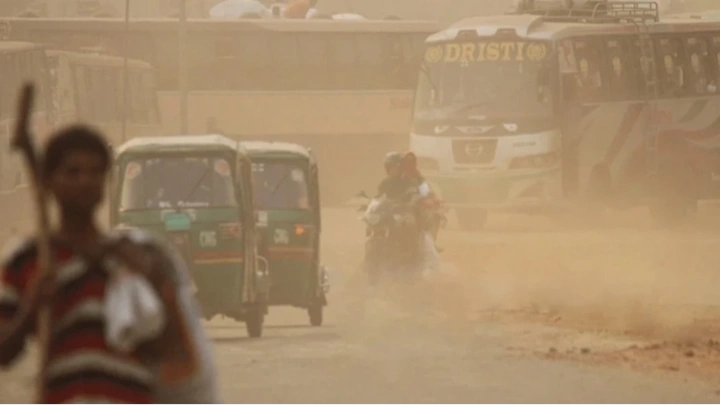AIDS, tuberculosis, and malaria prevention efforts hampered by climate change.
Reuters || Shining BD
The head of the Global Fund to Fight AIDS, Tuberculosis and Malaria has warned that efforts to combat three of the deadliest infectious diseases in the world are being hampered by climate change and conflict.
The COVID-19 pandemic severely impacted international efforts to combat the diseases, but they have since recovered, according to the Fund's 2023 results report, which was made public on Monday.
However, without "extraordinary steps," the world is likely to miss the 2030 deadline for ending AIDS, TB, and malaria due to the growing challenges posed by climate change and conflict, according to Peter Sands, executive director of the Global Fund.
There are positives, he said. For example, in 2022, 6.7 million people were treated for TB in the countries where the Global Fund invests, more than ever before, and 1.4 million more people than in the previous year. The Fund also helped put 24.5 million people on antiretroviral therapy for HIV, and distributed 220 million mosquito nets.
But in a statement accompanying the report, the Fund said that getting back on track after the pandemic had been made “much more challenging by a combination of interconnected and colliding crises”, including climate change.
For example, malaria is spreading to highland parts of Africa that were previously too cold for the mosquito carrying the disease-causing parasite. Extreme weather events like floods are overwhelming health services, displacing communities, causing upsurges in infection and interrupting treatment in many different places, the report said. In countries including Sudan, Ukraine, Afghanistan and Myanmar, simply reaching vulnerable communities has also been immensely challenging due to insecurity, it added.
But Sands said there was still hope, in part due to innovative prevention and diagnostic tools. This week, there is a high-level meeting on TB at the UN General Assembly, and advocates hope for more of a focus on the disease.
Reporting by Jennifer Rigby. Editing by Jane Merriman
Shining BD
























